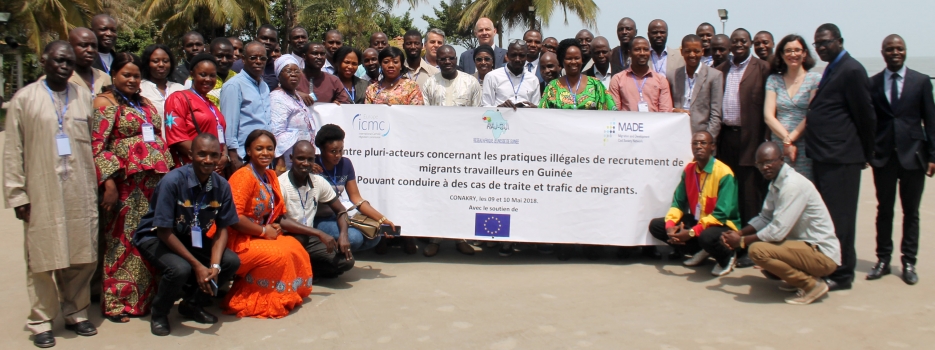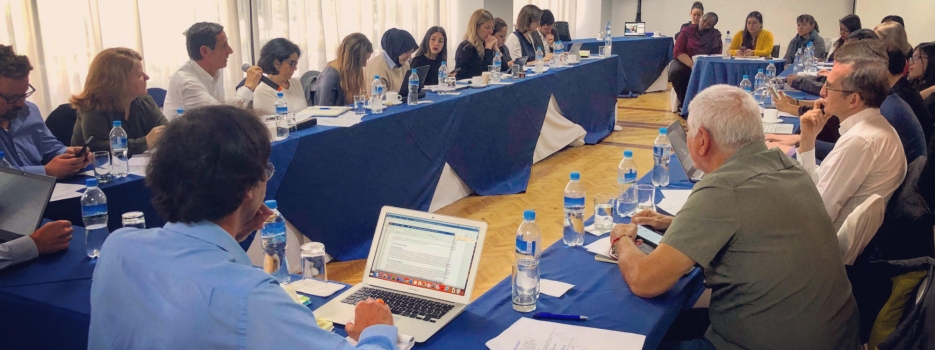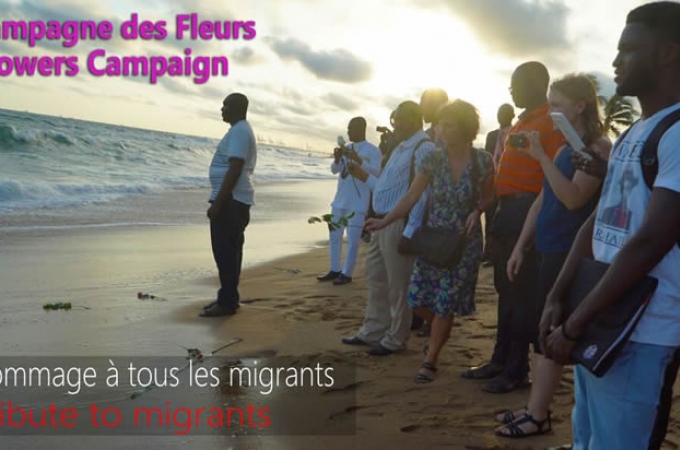Global Action
MADE works towards a global civil society network for joint advocacy, action and agenda-setting. This organizing is predominantly structured around the implementation of civil society’s 5-Year 8-Point Plan of Action.
ICMC’s MADE Global Coordinating Office works closely with partners to organize activities of civil society organizations worldwide in processes that involve governments, decision-makers and international agencies.
Activities include:
- Advocacy, information-sharing and networking through newsletters, social media, and an annual online survey and global progress report on the implementation of the 5-Year 8-Point Plan of Action. MADE creates its own campaigns as well as spotlighting other campaigns on migrants’ rights and human development from civil society across the world.
- Together with the International Steering Committee, the Global Coordinating Office organises the Civil Society Days of the Global Forum on Migration and Development.
- MADE enables national civil society organizations to implement advocacy and policy actions on the ground for the protection migrants in transit, decent labour migration and the rights of migrant workers in Africa, Asia, Latin America and the Caribbean through the MADE Pilot Fund.
- MADE has also been involved in the regional consultations of the Migrants in Countries in Crisis (MICIC) Initiative and co-facilitated the related MICIC civil society consultations.





